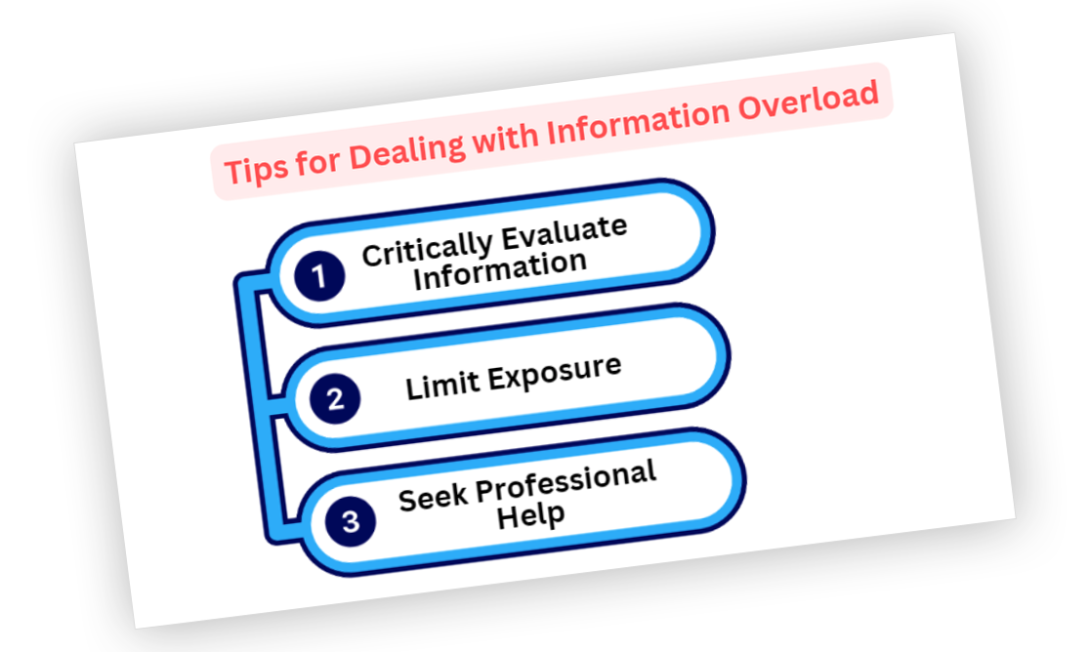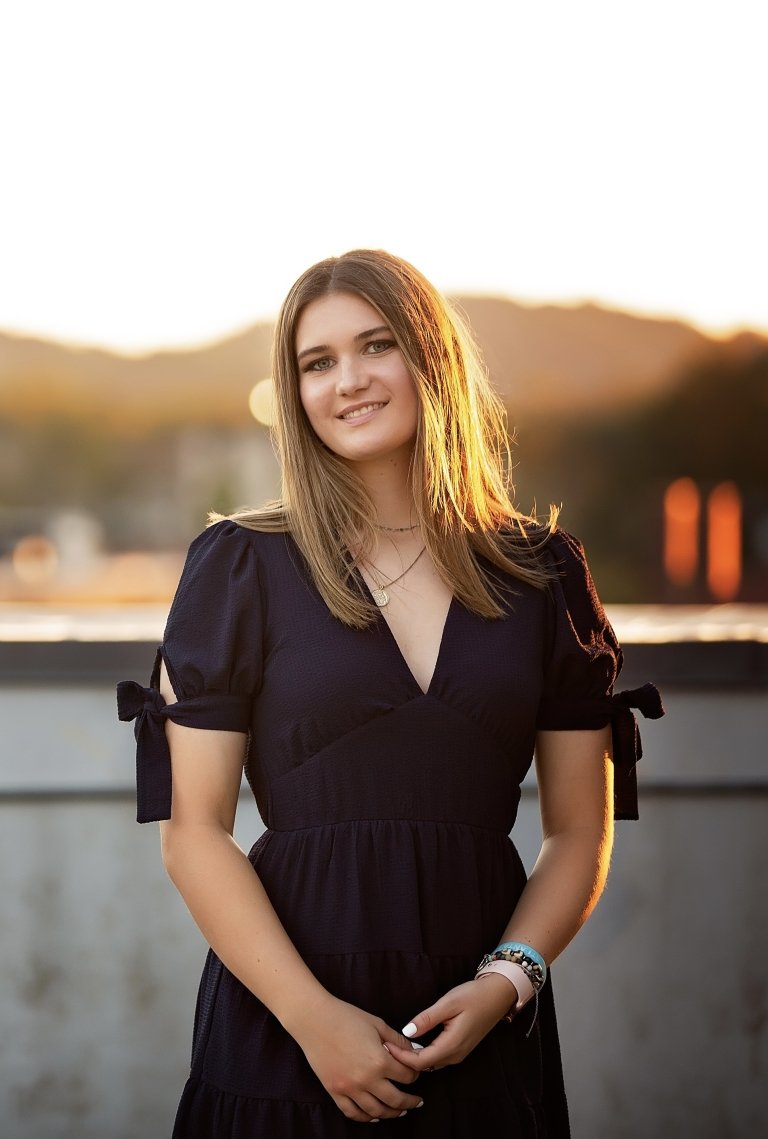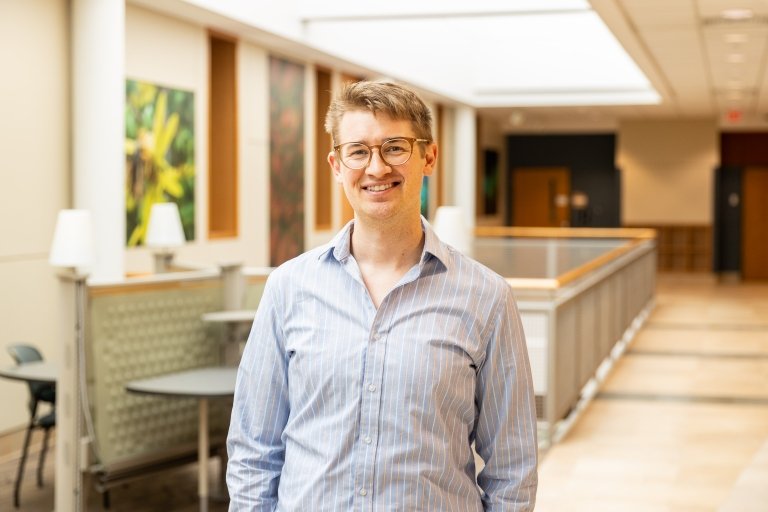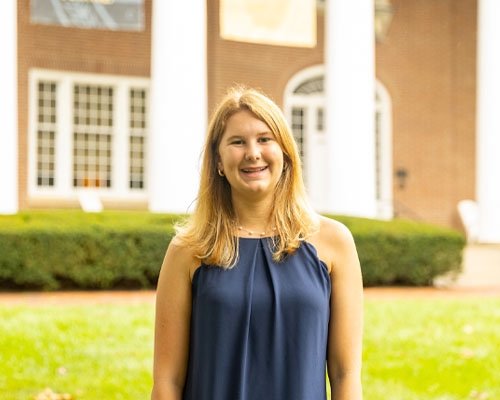Student’s cancer fight leads Centre duo to project helping other patients

College is about finding your passions, personal growth and preparation for the future.
For rising junior Taylor Webb, that all changed one spring semester at Centre College.
It was in her freshman year that Webb was diagnosed with Hodgkin’s lymphoma. While she persevered through months of treatment, courageously facing the physical challenges that accompanied treatment and side effects of the disease, she also encountered an entirely different battle she wasn’t necessarily expecting: the mental and social changes in her life.

Webb found the information medical professionals shared about her illness to be overwhelming. Turning to the internet wasn’t much better, as health-related sites invariably led to grim descriptions of the worst possible outcomes.
“If I can impact one other person’s life who went through what I went through and maybe not make it as hard, then it’s worth it to me,” Webb said. “I get emotional thinking about it, it gives me a sense of purpose.”
With the help of a faculty mentor and sorority sister, Webb is using her experience to make a difference in the lives of other young adults and those in rural communities by compiling resources from experts across the United States to provide cancer resources in an easy-to-digest compendium — heartened with humor and puns.

“It’s not doom scrolling through a cancer document,” said Associate Professor of Psychology Drew Morris, the faculty member helping Webb and classmate Jane Daniel through the research project.
“It’s more than throwing facts and numbers at you — it reads differently than most resources that are out there, professional and standardized,” he said. “I think that’s what makes people really excited — it’s not just another one-page pamphlet from a national cancer group.”
When Webb was diagnosed, she recalls being “bombarded with cancer pamphlets” that she said she never read “because it was so overwhelming.” She and Daniel are working to create a document that is more interactive and able to be processed in “bite-sized chunks.” Users can click to a specific portion of the guide, instead of reading the entire document.
“There has been a lot for us to filter through,” Webb said. “But I’ve used some of my own experience to hopefully help make this something people want to actually read.”
Morris originally worked with Webb on a course schedule as she navigated cancer treatment at Vanderbilt University in her hometown of Nashville, Tennessee. A standout student, Webb was motivated to begin a research project early in her Centre career.
Webb realized that there’s so much more to cancer support than the physical side. From media portrayals to grief and depression, to relationships and self-image — Webb and Daniel distilled what Webb felt was lacking on mental healthcare and social well-being for adolescent and young adult (AYA) cancer patients.
“I wasn’t really prepared for how my life was going to change,” she said. “I started to think about what I could do to help others going through the same thing. That’s where this idea came from — writing a resource specifically for young adults, because it’s hard going through so many changes in your life. You’re trying to figure out who you are and what you want to do with your life when you have to deal with this ‘secondary’ issue.”

Both students worked in their hometowns — Webb in Nashville and Daniel in Atlanta — as well as on campus and across Kentucky. Their goal? Speak to experts in the field. In total, they contacted more than 350 professionals — oncologists, pharmacists, social workers, school interventionalists and more — to gather information for a comprehensive guide for young adults. The team also sought out expertise within Centre, working with Assistant Professor of Biology Christina Garcia and her research student, rising junior Ryan Clements, to better understand the biological side of cancer.
“We narrowed it down to eight topics,” said Daniel, the writer in the group, carefully crafting the narrative and making the information digestible for readers.
Morris credited both students for their work, noting the experts’ excitement about the project.
“Young adults, people in rural communities, they might not have the time or resources to dive into cancer research,” he said. “When we tell people what these students are doing, we get a snowball effect — you tell one expert, and they say, ‘you have to talk to this person as well.’ It has been exceptional, the amount of excitement and accessibility that has come from this.”
Both students said that it’s through this project that they’ve developed a better picture of postgraduate plans: Daniel said she’d love to work in pediatric cancer, while Webb said she’d like to continue in psycho-oncology, which deals with psychological reactions to the experience of cancer.
The current draft is expected to be completed by the end of the fall semester — and both students are hopeful that it will be a living document that can be updated. Morris noted that he’s already shared the document with someone in his life who was diagnosed with cancer.
“It’s accessible and usable, and the hope is that it's kind of fine-tuned, refined and then maybe by this fall it's starting to get into the hands of people and health care professionals,” Morris said.



